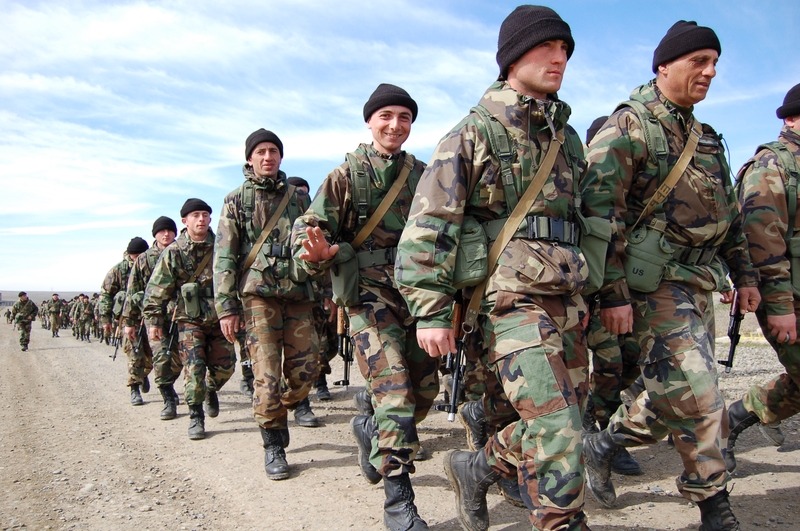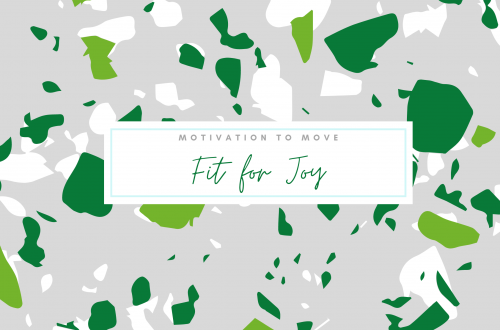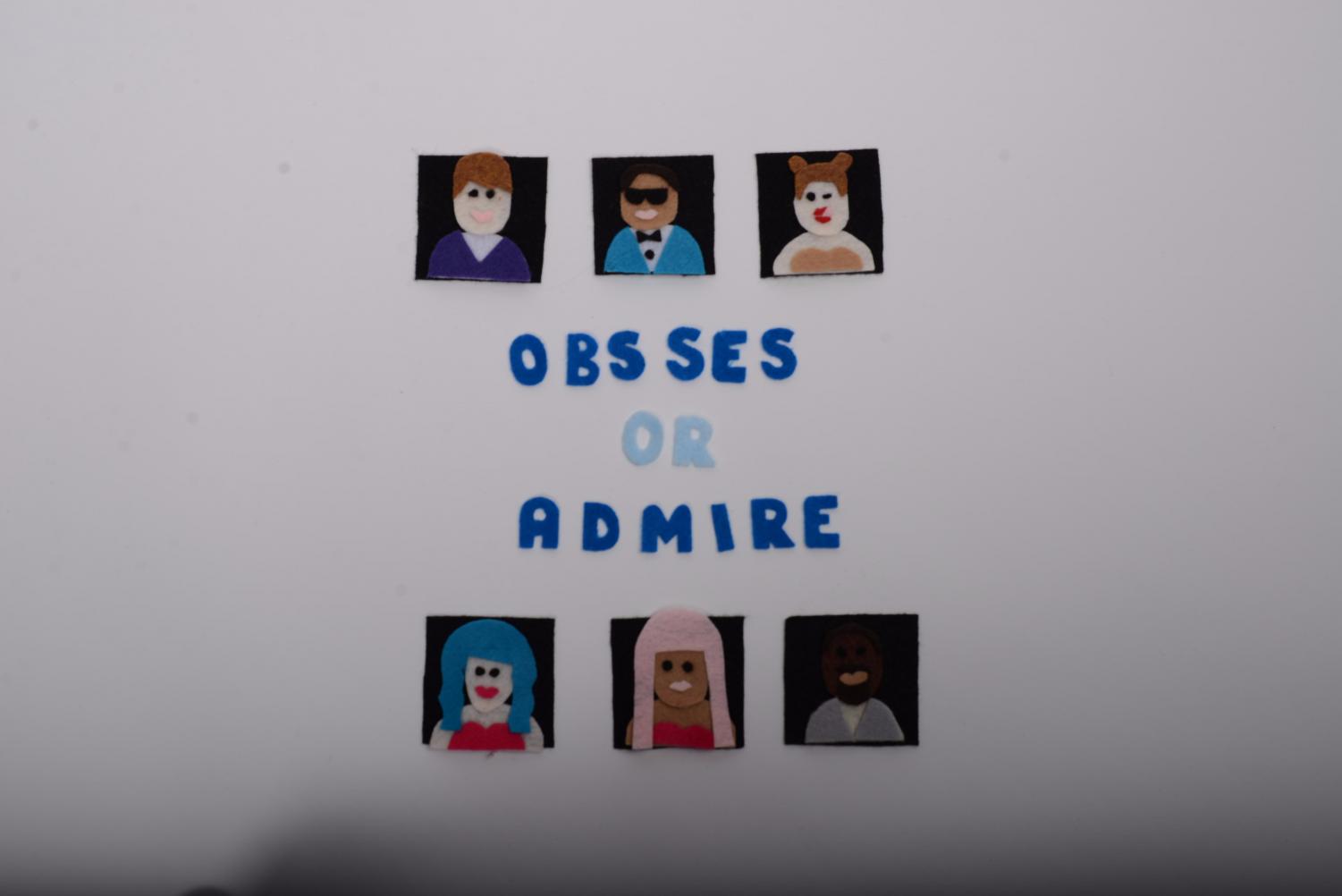Written by Shanley Knox
Jeremy wrote me two months after deployment. I had been waiting, anxious, since before he left. I knew Afghanistan would change him. A part of me knew I would change, too, and that those changes would, together, change what was between us.
By the time his first letter came, things were already different. We were three months in, and there wasn’t much that hadn’t changed. The first time he called, I just heard gun shots. He came in and out, and I sat, in green AE boxer shorts and a sports bra and listened. I hung up after a million years had gone by, tossed my phone, breathed out. He called back four times, and an hour went by with me telling him stories, and making him laugh till the phone cut out. 15 minute intervals of talk, gunshots, silence and then a lost connection. I learned to wait for the phone to ring again. I learned to ignore the gunshots. I learned to ignore the fact that he wasn’t talking. I learned to shut out my fear.
This is Afghanistan, and the way it works in my life. Boxer shorts in my mother’s kitchen, hair in a ponytail, and gun shots on the end of the line. The war on terror was political for me, before Jeremy. Now, it’s about early morning phone calls, and letters on waterproof paper. It’s about the guys I hear about along the way – the wives I meet along the way, the phone-calls I get from his mother. Now it’s the axis a period of my life turned on – an emotional impasse, an unsurmountable obstacle. The end of a relationship.
It’s been almost a month since I last skipped class because Jeremy called. I was assigned a piece on 9/11 two weeks later, and I asked a friend, on the way to an art showing tonight, what she thought about it. “It’s September,” I said. “I’m writing on the war in Afghanistan, and 9/11. What do you think?”
We were on the way to get tacos for a buck fifty off of Valley View and Orangethorpe, and she took on two right lanes at once while she answered. Blinker clicking, right hand over the back of my seat to see, she commented, “I think that enough time has gone by that we’ve all gotten used to it. I think we started out hating it, or loving it, and now we just kind of know that it’s happening. We’re in it.” I nodded, remembering the gunshots, and the gut feeling of getting a three line message that told me, for the umpteenth time, to move forward because Jeremy couldn’t cope with Afghanistan, and a relationship. I again processed the feeling I got when I finally decided it was ok to move forward. The guilt and the struggle, even after being set free – the feeling of wanting to stand beside someone that felt he needed to stand alone.
I didn’t say any of that, though. Instead, I said, “I feel like the only people left loving or hating the war in Afghanistan are the people personally affected by it.”
My friend shut her car off, unbuckled and said, “Right.” She started talking about the art show we were headed to. I checked to see how much time we had as we walked into the bustle of Tuesday’s two dollar taco hour, and, unconsciously, made a mental note that it was early morning in Afghanistan.
My housemate and I discussed it, last night. She’s been seeing a marine, off and on, and I met him a couple weeks ago on leave. She was quiet at first when I asked her if she felt that her perception of 9/11 has changed.
“I guess I remember 9/11 and being in my cinematography and people running in and saying you know people are attacking and we’re all gonna die,” she said, finally. “I’m kind of disollusioned in general – I don’t really care what I think of it anymore. And I hear people saying that we’re going to pull out of there soon, or hear that we’re going to do something new that will work better, but I honestly don’t really care.”
She made a comment, then, about dating someone in the military, and the way it has forced her to think about a war she’d rather ignore. “It’s been nice to forget about it since 9/11,” she said. “It didn’t used to have to be my problem, and I wish it was still that way a lot of the time.”
She added, “I feel bad saying that. I feel bad thinking that. I know it’s going on, I’d just rather not have it affect me.” I nodded, “Me too.”
Jeremy updated his facebook last Thursday. It said, “still alive.” I haven’t gotten a phone-call yet. That’s the thing about the war in Afghanistan, and how it plays out in my life. Sometimes it’s a lot of talk, and other times it’s not much at all. Sometimes it’s three weeks, and sometimes it’s six. Other times, it’s eight. It’s longer when Jeremy doesn’t know how to talk about what he’s seeing. Then he’ll call and say, “I just want to come home.” I’ll say, “I promise you that we’ll sit on the floor in my bedroom like old times, eat through about three pizzas together. Get fat.” If he’s feeling up to it, he’ll laugh when I say stuff like that. If he’s gotten a good night of sleep, he might even say, “I like your letters.” For consistency’s sake, I’ll ask, for the umpteenth time, if he’ll make it home for my graduation in December. That, at least, is always the same – “Yeah, I’ll be there. I promise.”
My roommate stopped asking why I was still talking to my ex boyfriend, when I handed her his last letter. She just looked at me and said, “I think he needs you. Not a girlfriend – but you. Your writing. Your support.” I nodded, and she said, “Don’t stop.” On campus, I feel like the war in Afghanistan is a concept. It’s a political conversation – it’s all democrats and republicans, inhuman, just. It’s called for, or uncalled for. It makes sense economically, or it doesn’t. But for me, it’s mostly just Jeremy. Some people still have a connection. Zack Hartley, a Biola student commissioning in 2011 told me he still feels motivated by 9/11. “I’m sure some people are against it, some people support it, and some are neutral and have accepted the fact that we’re there,” he said. “The military has it’s mission – to support and defend. We will accomplish that mission whether or not people are for or against the war on terror.”
I couldn’t help but feel that Hartley still has an opinion because the war is still affecting him personally. It’ll be on his shoulders, if we don’t pull out in the next year. He has a reason to think about it. Because of the role Afghanistan has played in my life, I couldn’t help but think of Jeremy, when Hartley and I were talking. I remember him telling me, a few months ago, that he didn’t know why he was fighting, anymore. That’s the war in Afghanistan in my life again. I remembered trying to encourage him when he said, “I just do my job. But nothing makes sense here.”
My housemate was quiet for a long time after we talked about Afghanistan in our lives.
“All the historical wars seems so clean cut now that they’re in history,” she said. “This is one is just kind of like, ‘who knows?’ cause it’s still happening.”
She paused again, and got quieter when she said, “And then there’s is active duty – and I just don’t want to think about it.” I shook my head, and said, “Me either.”
Update: Jeremy’s sister texted this afternoon to tell me he’s going back behind enemy lines.



